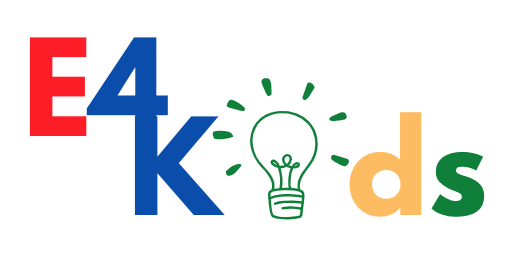Being entrepreneurial is a valuable skill for EU citizens, both for their personal and professional development. Entrepreneurship education plays a key role for Europe’s competiveness and for the continuous growth of Europe’s economy. Promoting entrepreneurship in education as a key competence encourages EU citizens to be enterprising and to formulate innovative solutions to societal problems and to design products of added socio-economic value.
Despite these assumptions “just less than a quarter (23 %) of EU respondents said they had taken part in a course or activity at school relating to entrepreneurship, defined as turning ideas into action and developing one’s own project” [European Commission/EACEA/Eurydice, 2016. Entrepreneurship Education at School in Europe – Eurydice Report].
The results of the 2018 PISA survey show that a large proportion of 15 year-olds still lack basic problem-solving skills. “School-to-work transitions have become more complex and prolonged. This reflects both changes in labour market demand, and a growing disparity with what education systems supply. This generation of young citizens requires curiosity, entrepreneurship and resilience to work effectively in the new labour market. They will need confidence to create their own employment and to manage their careers in new ways. Education systems need to prepare young people to be effective in applying what they know to ever-changing situations, expose them to relevant role models, and provide guidance that helps them discover their passions, areas where they can excel, and where and how they can find or create a job” [PISA 2018: Insights and Interpretations].
This scenario moved the partners to action to define, settle and implement contents, tools and strategies to promote in entry-level secondary school students (in the age span between 11 and 13) an entrepreneurial mindset and behaviour and a proactive and non-conformist spirit promoting actions for their pursuit in the first person, with a particular focus on the school, but adopting a proactive approach that leads students to take action personally in the pre-adolescents’ daily life.
Therefore the primary target group are the STUDENTS aged 11 to 13: they will be encouraged to transfer knowledge and awareness beyond their working group, by identifying ways to actively promote the entrepreneurial, creative and critical spirit and attitude beyond the school walls and function as role models. This way, they will have the possibility to influence their wider social network, including their family and friends, so acting as multipliers and in the direction of spreading this spirit within and outside the school environment.
Of the same importance are TEACHERS and SCHOOL LEADERS involved who, depending on the fact that each context materializes in the relationships that animate it, will in turn be made aware of the pro-active tools on entrepreneurship and personal empowerment and how to actively promote them at school. The same empowerment of teachers will include the re-definition of their role, accepting more responsibility over students’ personal behaviours and attitude towards their daily challenges. In general the Toolkit and its components implemented by the project are going to be integrated within the school curriculum as one of the transversal subjects to be transferred to the future pupils.
A further target is represented by the FAMILIES, which should be exposed to the work of raising a self-confidence and entrepreneurial spirit on the students, with an expected increase in awareness and perception of relevance of their role within the community as a whole Furthermore, families and the general public will be among the recipients of the dissemination program.
This project has been financed by the Program Erasmus+ KA2 Cooperation partnerships in school education –2021-1-CZ01-KA220-SCH-000032484.
Funded by the European Union.
Views and opinions expressed are however those of the author(s) only and do not necessarily reflect those of the European Union or the European Education and Culture Executive Agency (EACEA). Neither the European Union nor EACEA can be held responsible for them
